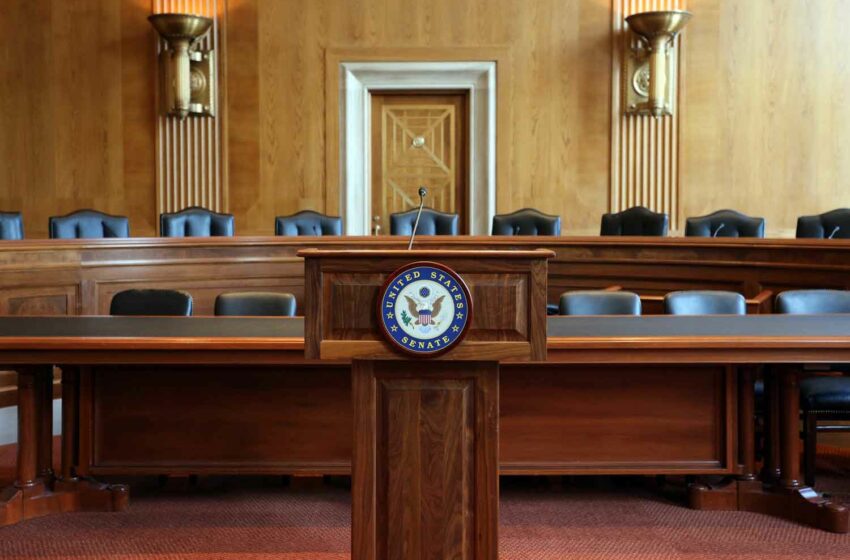
U.S. Senators criticized top health and law enforcement officials for their failure to tame the rapidly growing illicit e-cigarette market, reports the Associated Press.
During a hearing on June 12, lawmakers on the Senate Judiciary Committee questioned officials from the Food and Drug Administration and Department of Justice (DOJ) about attempts to manage the vaping market, which has grown to include thousands of flavored, unauthorized e-cigarettes imported from in China.
To date, the agency has approved only a handful of e-cigarettes as alternatives for adult smokers. All other products on the market, including popular products like Juul, are pending review or considered illegal by regulators.
“I simply do not understand how FDA and DOJ have permitted thousands of products to remain on store shelves when their manufacturers have not received authorization, or, in some cases, even filed an application,” said the committee’s chairman, Dick Durbin.
Brian King, director of the FDA Center for Tobacco Products, said the agency has been slowed by a backlog of applications submitted by vape companies seeking approval to sell their products in the U.S. The FDA received millions of premarket tobacco product applications, each of which must be scientifically reviewed.
An industry lobbyist told the committee that the FDA has created an untenable marketplace by rejecting more than 99 percent of applications submitted by companies.

I simply do not understand how FDA and DOJ have permitted thousands of products to remain on store shelves when their manufacturers have not received authorization, or, in some cases, even filed an application.
Dick Durbin, chairman, Senate Judiciary Committee
Ahead of the congressional hearing, several government agencies, including the FDA and the DOJ established a task force to better coordinate the fight against illegal e-cigarettes. Republican Senator Thom Tillis called the timing of the announcement “a political stunt,” and criticized the absence of other federal agencies from the initiative, including Customs and Border Protection (CBP).
“If the timing of the task force formation wasn’t evidence of how unserious the FDA is about tackling the flood of illicit e-cigarettes, FDA’s exclusion of CBP from the task force makes it crystal clear,” said Tillis, who represents North Carolina, a major tobacco-producing state. He urged officials to concentrate enforcement on Chinese brands, rather than large domestic manufacturers like Reynolds American, which is based in North Carolina.
The FDA can conduct investigations and recommend cases, but only the Justice Department can bring lawsuits. The FDA has sent hundreds of warning letters to vape shops and e-cigarette manufacturers in recent years. But the letters have done little to dissuade companies from flouting FDA rules and introducing new vapes.
Disposable vapes account for an estimated 30 percent to 40 percent of the roughly $7 billion-dollar U.S. vaping market. The two best-selling disposables—Breeze and Elf Bar—generated more than $500 million in sales last year, according to Nielsen retail sales data analyzed by Goldman Sachs.
Both brands have been sanctioned by FDA regulators but remain widely available, in some cases with new names, logos and flavors.
King noted that products like Elf Bar cannot legally be sold in China because the government there has banned non-tobacco flavored e-cigarettes. Outraged that brands banned in China are sold in the U.S., Texas Senator John Cornyn vowed to introduce legislation to rectify that situation.
Jefferies analyst Owen Bennett said the Congressional testimony could spur the FDA to approve more products from British American Tobacco and Juul. “This hearing is another example of increasing political pressure for the FDA to act” against unauthorized products, he said in a research note quoted by Bloomberg.

